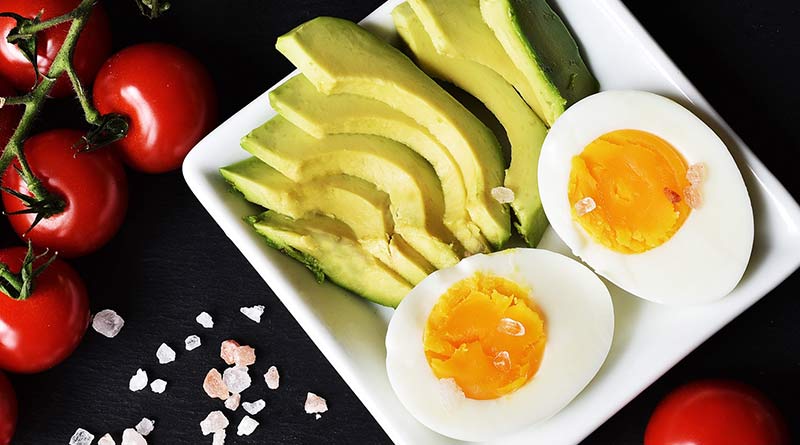Keto diets & kidney stones
Introduction
Many thanks to Tricia Hanagan, from Oregon, USA, for spotting the article for today’s note. Sometimes articles need a comprehensive unpack and sometimes there are one or two things that are wrong, which undermine the findings. This week’s article is an example of the latter. It was written by Acharya et al and it’s called “Incidence and Characteristics of Kidney Stones in Patients on Ketogenic Diet: A Systematic Review and Meta-Analysis” (Ref 1).
The conclusion of the article was “The estimated incidence of kidney stones in patients on ketogenic diets is 5.9%. Its incidence is approximately 5.8% in children and 7.9% in adults.”
The discussion section of the article put this in context as follows "Our analysis reports a pooled incidence of kidney stones at 5.6% in patients treated with a ketogenic diet after four years. The incidence of nephrolithiasis [kidney stones] in the general population is reported at 0.3% per year in men and 0.25% per year in women." Yes – 5.9% vs 5.6% had a detail-person like me upset straight away. However, this was not the issue.
At first sight, the conclusion would make someone think twice about following a keto diet. My first thought, however, was – who were the participants in the studies examined and why were they on keto diets?
I’ve declared this before, but just to note as part of this review, I don’t follow a ketogenic diet. I don’t recommend one as a general way of eating. I do think that there is evidence for following a keto diet especially for management of certain conditions, such as epilepsy. I also think that diabetes is best managed with a low carbohydrate diet. There is debate about the optimal (low) level of carbohydrate for diabetes. Results may be better with very low carbohydrate diets/keto diets, but there is a trade-off to consider with adherence, as a more moderate carbohydrate intake may work better for some people.




